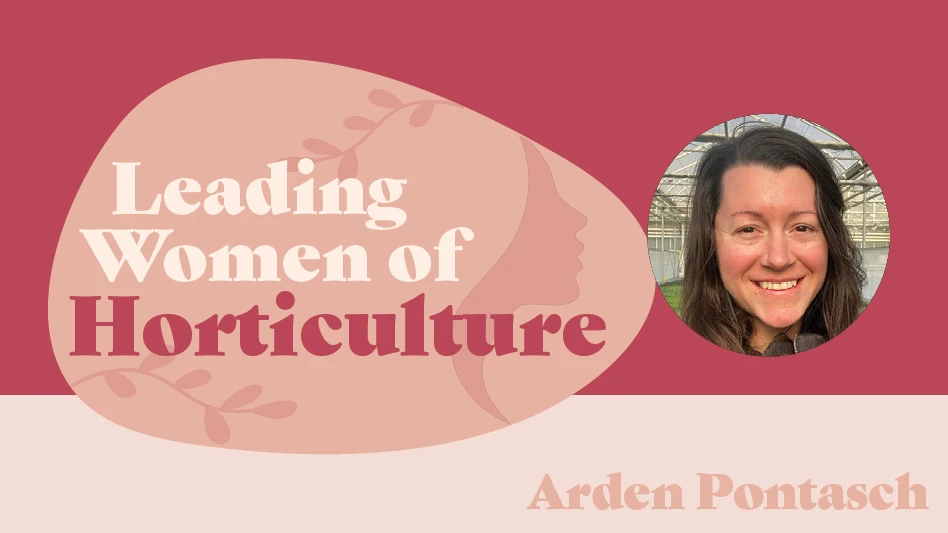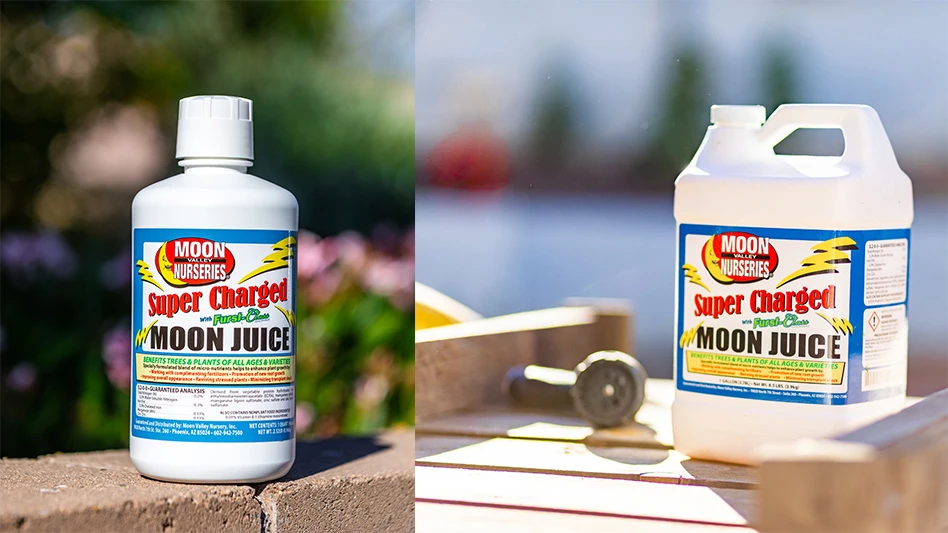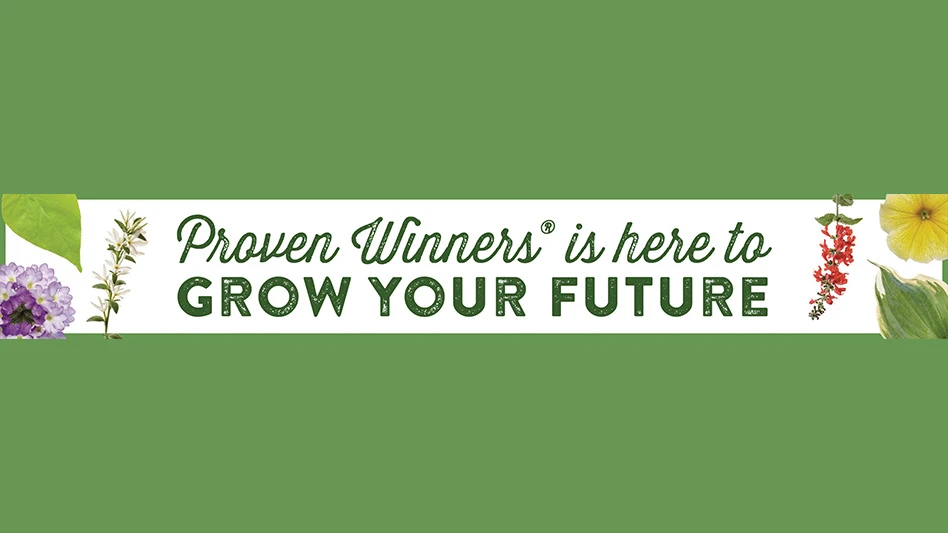
People are being asked to hunker down even further this week and traditional springtime gatherings are all on hold. During this uncertain time, California nurseries, garden centers and flower shops are adapting, staying open and offering customers a safe way to celebrate the season.
“Finding ways to celebrate springtime holidays while quarantining can be more than a little challenging,” said Chris Zanobini, executive director of Plant California Alliance. “Nurseries, garden centers and flower shops are playing a role by allowing families to plant backyard gardens or reach out to grandparents by sending flowers. All without ever coming into contact with another person.”
Businesses like Green Acres Nursery & Supply, a Sacramento-area garden center, are committed to staying open. The nursery supply center has adapted its operations to meet the needs of its customers, while implementing necessary safety measures to reduce the spread of the coronavirus.
“Green Acres offers an online shopping program that allows customers to place orders and pick up nursery supplies and plants in the parking lot without ever having to step foot inside the store,” explains Ashley Rossi, co-owner of Green Acres.
“Within one week of the shelter-in-place order issued by Governor Newsom, we increased our online inventory from 40 products to over 1000. The response has been incredible, and customers are telling us how grateful they are that we’re open,” said Rossi. They’re asking for even more online inventory and we’re trying our best to keep up with demand. We’ve had an increase in large orders for home delivery as well.”
Green Acres has seen a surge in the sales of their fruit trees, vegetables and herb plants, as people seem more concerned about growing their own food. “Our seeds are flying off the shelves,” Rossi said. “People want to take control of their food supply. Planting food in their yards and communities gives them reassurance that there will be food available for their families — no matter what is available at the grocery store.”
“Across the country, there has been a resurgence of Victory Gardening — a concept which first became popular during WWII when 40% of the U.S. food supply came from urban home and community gardens,” said Mary Kimball, executive director of the Center for Land-Based Learning. “Nurseries provide necessary plants and supplies to home, urban, church, school and neighborhood gardens. They are essential to our nation’s food supply.”
While nurseries are doing their part to keep the community thriving, many in the financially hard-hit floral industry are also adapting and working to bring some joy in these dark days.
“Our customers have been modifying their businesses,” said Allan Nishita, president of Flora Fresh Inc., a wholesale floral company based in Sacramento that supplies floral shops, wedding specialists and mass marketers of flowers. Nishita said that California produces about 80% of the nation’s flowers and the industry has been especially hard hit with many shops closing.
“Floral shops that remain open are practicing social distancing by allowing on-line or phone orders only,” he said. “When florists order from us, a time is set, and we place the orders outside for them to pick up. When flowers are delivered to homes or businesses, drivers are no longer handing off a floral arrangement, they are leaving orders on porches. They wear gloves, masks and wipe down every vase with a sanitary wipe.”
“We hear over and over how much this means to people,” said Nishita. “These vibrant flowers are lifting the spirits of those shut inside. Many people have had to cancel important celebrations like weddings, birthdays, funerals and baby showers. As these milestones pass, receiving a gift of flowers reminds us we’re not alone and offers a way to celebrate holidays like Easter and Mother’s Day in safety.”
“Garden centers and florists have received some negative push-back for remaining open,” said Zanobini. “These businesses are essential since, not only do they provide an incredibly important service to small-sized farming operations, urban and community gardens, but healthy activities like gardening is something families can enjoy during this time when so much has been taken away.”
“The boost in mood that comes from things like flowers and gardening is real,” said Zanobini. “A meta-analysis published in Science Direct, references several studies that show a positive association between gardening or interacting with nature and health benefits like reduced depression, anxiety, stress, mood disturbance and Body Mass Index, as well as increases in quality of life, sense of community, physical activity levels and cognitive function.”
These studies are timely and support the fact that nursery, garden and flower industries are indeed critical to our well-being. We need them now more than ever. People are encouraged to contact their local nursery, garden center or florist to find out about hours of operation, online options or other programs that may be offered at this time.
Latest from Nursery Management
- Society of American Florists accepting entries for 2025 Marketer of the Year Contest
- Sustainabloom launches Wholesale Nickel Program to support floriculture sustainability
- American Horticultural Society welcomes five new board members
- Get to know Christopher Brown Jr. of Lancaster Farms
- American Floral Endowment establishes Demaree Family Floriculture Advancement Fund
- The Growth Industry Episode 3: Across the Pond with Neville Stein
- The Growth Industry Episode 2: Emily Showalter on how Willoway Nurseries transformed its business
- March 2025 issue recap






